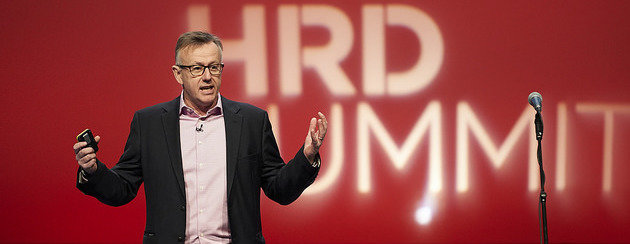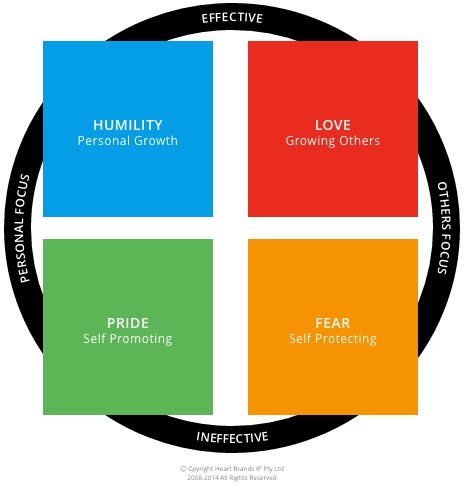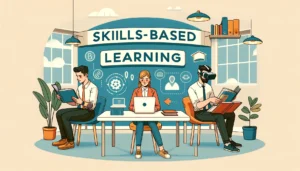Enriching Culture: KFC’s Heartstyles Transformational Journey
- 3 Min Read
Martin Shuker, Managing Director Western Europe, KFC spoke to the HRD Summit delegates about the transformational journey KFC has been on in recent years and explains the obstacles they faced.
- Author: Emily Sexton-Brown
- Date published: Mar 21, 2018
- Categories

Martin began his keynote session discussing the importance of considering a family dynamic within work, he then showed the audience his family before showing various KFC teams to demonstrate the inclusive culture that exists across this global organisation, stating: “We’re a people business that just happens to sell chicken and chips.”
 For Shuker, believing in your product is key, and a pivotal start to any journey. He said, quite simply: “I love the food.” However, this journey wasn’t without setbacks. Shuker joined in 2005 – this was the year that celebrity chef Jamie Oliver led a nationwide healthy eating campaign which engaged millions about diet awareness and particularly focused on children’s diets. This campaign severely affected KFC in terms of reputation and profits: sales declined by 5%, which Shuker described as ‘unprecedented’, explaining that the aftermath was a period of soul-searching and redefining business goals. In short, something needed to change.
For Shuker, believing in your product is key, and a pivotal start to any journey. He said, quite simply: “I love the food.” However, this journey wasn’t without setbacks. Shuker joined in 2005 – this was the year that celebrity chef Jamie Oliver led a nationwide healthy eating campaign which engaged millions about diet awareness and particularly focused on children’s diets. This campaign severely affected KFC in terms of reputation and profits: sales declined by 5%, which Shuker described as ‘unprecedented’, explaining that the aftermath was a period of soul-searching and redefining business goals. In short, something needed to change.
Heartstyles Indicator
This evident need for transformation resulted in KFC working with the company Heartstyles – a character developmental programme, founded by Stephen and Mara Klemich. Martin described the couple as: “two of the nicest people in the world.” The idea of Heartstyles is to help the employee identify their own leadership styles and is also a tool to measure and manage culture to transform people, driving performance as a result.
The tool is divided into four segments: pride, fear, love and humility.

Shuker asked: “How do we harness and balance these four elements?” He explained that too much of one, or too little of another can damage the progress of the group, which would ultimately affect our ability to empathise with one another.
We then learn from Shuker that most of the tools used in HR determine what “type” of person an employee is. The Heartstyles Indicator is different because no matter what type of person an employee is, it only measures whether behaviour is effective or ineffective. It considers strategies that we use to promote and protect ourselves; strategies we revert to under stress, fear, insecurity, or tiredness.
“We’re a people business that just happens to sell chicken and chips.”
Shuker then shared a case study about one of the employees using the tool. This particular person had moved to the UK, joined KFC and was learning English – he became a brilliant operator, but lacked interpersonal and empathic skills. By way of an example, this employee couldn’t understand why his colleague was so sad about her cat dying, declaring that it is: “only a cat.” After this, he used the Heartstyles Indicator to gain more insight about himself and learnt that everyone has their own way of operating – he understood that through compassion and empathy everyone could begin to be their best selves.
I run an organisation with 27,000 people in it, they are the face of KFC – empowering them with this awareness around behaviour has been so powerful. I rely on 27,000 people every day to be engaged, passionate and to drive standards forward. If you give your people these insights, there is nothing more powerful in my mind,” Shuker concluded.









